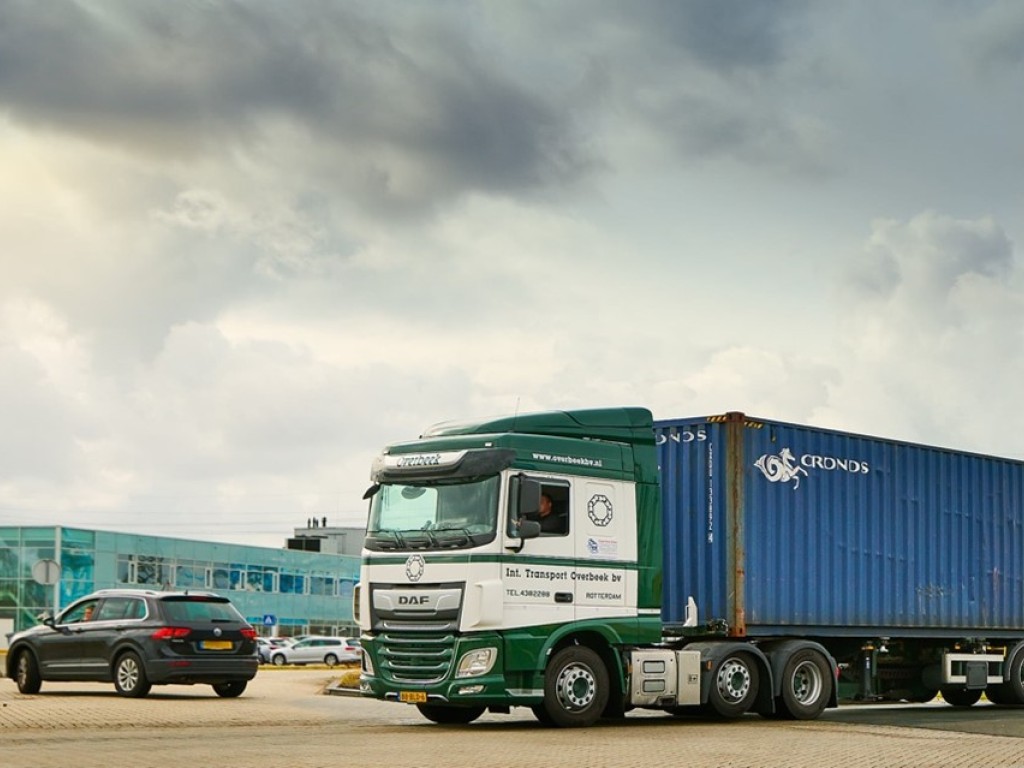RESULD (Responsible Supply Chains and Logistics Due Diligence) - voorheen Verantwoorde wereldwijde ketens

With a share of thirty percent, the Netherlands is the most important importer of fruit from outside the EU of all EU countries. The top 3 most imported products, expressed in terms of turnover, are grapes, banana and avocado. The import value of fresh potatoes, fruit and vegetables (AGF) was almost 8 billion euros in 2019, and thus represents approximately 60% of the Dutch export value of fruit and vegetable products. The export value of flowers and plants in 2022 was slightly more than 7 billion euros, with approximately 1 billion euros in import value. This enables the Netherlands to offer a full, high-quality range all year round. Schiphol airport and the port of Rotterdam function as logistical hubs for these import flows.
Under increasing stakeholder pressure, key companies in global supply chains have stepped up their efforts to comply with regulatory and voluntary programs that broadly focus on product quality. Product quality encompasses not only the intrinsic properties experienced during the consumption or use of the product, but also a broader experience of the consumer and other stakeholders, involving sustainability aspects regarding environmental and social dimensions.
An important aspect is quality assurance. For intrinsic product features, this usually comes down to product quality certification. For agricultural products, this is usually highly regulated, monitored and enforced. In our first use case we look at phytosanitary certification for international trade in agricultural products. Product features that are not intrinsic usually characterize the processes in which the product has been involved. Relevant characteristics are then the environmental and social performance of these processes. In our second use case, we study the origin of products and the associated certification, also for international trade in agricultural products. To quickly give practical substance to research into the larger-scale application of existing proven bottom-up demonstrability of certain indicators/target values in an operational setting (such as emission figures, delays in transport, ETAs, quality of products, origin of products, etc.) within a true end-to-end supply chain, the project builds on two previous successful TKI studies to stimulate the adoption of digital innovation by companies within the SCL sector. These two use cases will be further developed right from the start of the project, this concerns 1) exchange of phytosanitary data and certificates and 2) greening and digitization of international fresh produce, flower and plant flows.
While certification of intrinsic product attributes has a longer regulatory and certification history, certification of non-intrinsic product attributes has seen spectacular growth over the past two decades. In addition, regulations are rapidly being developed to establish the certification of non-
2https://assets.publishing.service.gov.uk/government/uploads/system/uploads/attachment_data/file/1038879/Ecosystem_of_trust_pilot_EOI_comms.pdf
3 https://www.trademarkafrica.com/project/trade-logistics-information-pipeline-tlip/
intrinsic product characteristics in regulated and mandated programs. Both types of certifications have only recently started to transform into digitized processes.
It is therefore expected that the use of data and algorithms will grow exponentially and supply chains will become increasingly complex. It is therefore very important for the competitiveness of the SCL sector that companies are able to exploit the opportunities offered by digitization and data science. SMEs need special attention, as most SCL operators in the Netherlands (and the European Union) are SMEs with limited ICT capabilities and investment budget. This also applies to the fresh produce and flower and plant chains.
The consortium will ensure the dissemination of knowledge to interested stakeholders about these two use cases, thus facilitating further dissemination of the innovations in the sector. Within this work package, practical connections will also be sought with previous research such as AGF-Chain, with phytosanitary certification of onions to the United Kingdom as a promising use case. Finally, further research will be done into the financial impact (business case) of the use of modern data science technology and the digitization of business processes.
This initiative by RSM, WUR and BlockLab, among others, is further distinguished by the high degree of international cooperation with comparable initiatives such as the British Ecosystem of Trust and Trademark Africa's Trade Logistics Information Pipeline (TLIP). By constantly adding new data elements, it is possible to gain better insight into the performance within an end-to-end supply chain setting. It also makes it possible to give a practical interpretation to research into making plug & play solutions easily available for SMEs. Finally, this project also explicitly includes the financial flows within the various chains.
In the longer term, the results of the project will lead to:
- Greater competitiveness of the SCL companies in the Netherlands through more and better data sharing for chain management and the application of modern data science technology.
- Supports the transition to sustainable, inclusive and resilient end-to-end value chains.
- Added value of chain management activities: €75 million (digital twin case) + €15.3 million phytosanitary case = €90.3 million. See individual use cases for the substantiation.
- CO2 reduction: 55 million kilograms over 10 years. See individual use cases for the substantiation